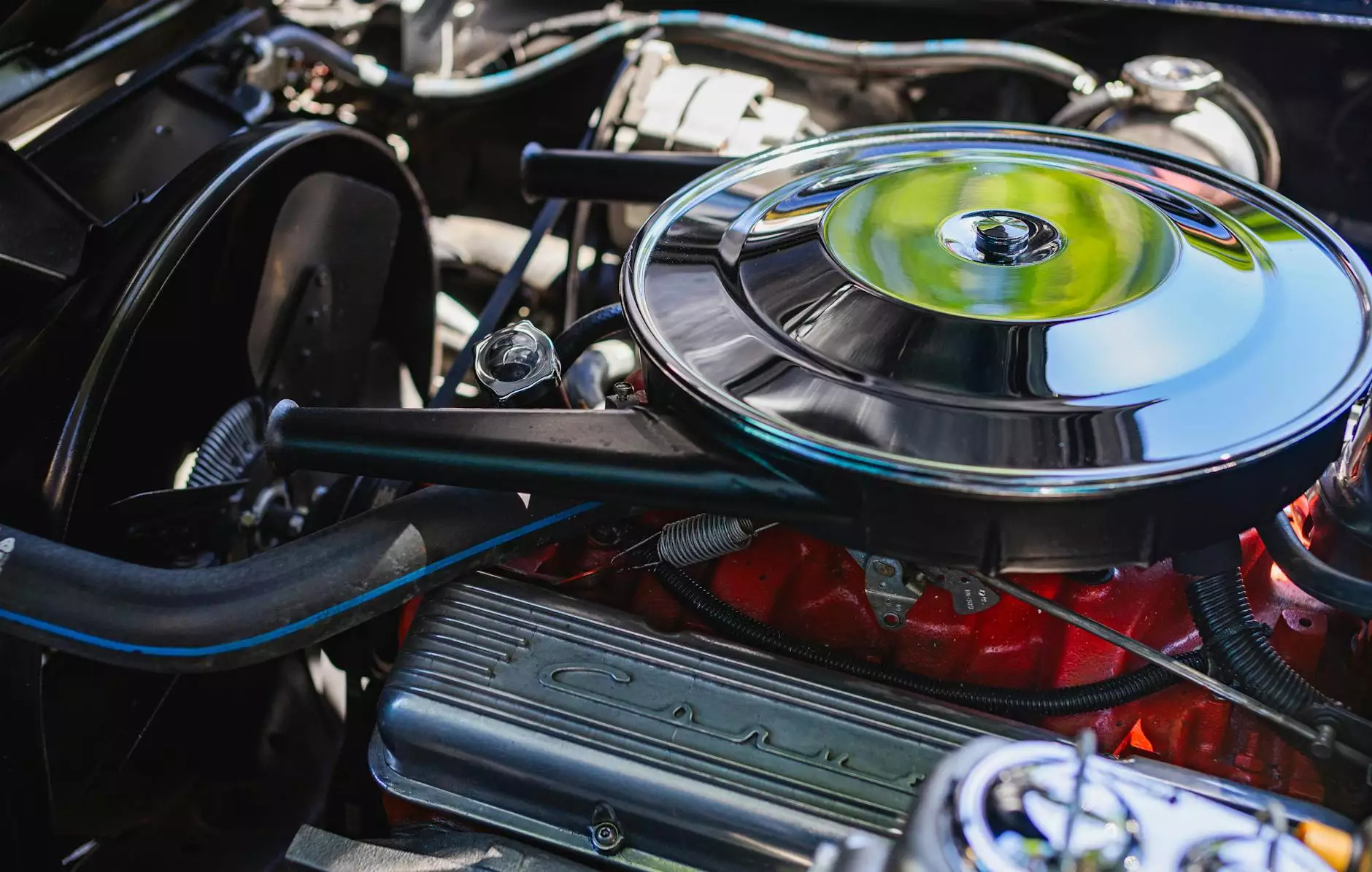Exploring the World of Torque Converters

What is a Torque Converter?
A torque converter is an essential component of many automatic transmissions, playing a crucial role in the transfer of engine power to the wheels. It allows the engine to run while the vehicle is stationary and facilitates a smooth transition of power when accelerating from a stop. Understanding how it works can provide deeper insights into automotive dynamics.
How Does a Torque Converter Work?
The operation of a torque converter is fascinating and complex. Here’s a breakdown of its functionality:
- Fluid Coupling: The torque converter uses hydraulic fluid to transmit power from the engine to the transmission.
- Three Main Components: It consists of a pump (impeller), turbine, and stator.
- Lock-Up Mechanism: Many modern torque converters include a lock-up feature that enhances fuel efficiency by mechanically connecting the engine to the transmission under certain conditions.
Through these components, the torque converter absorbs the engine's power, allowing for gradual acceleration without stalling.
Types of Torque Converters
Torque converters come in various types, each suited for different applications. Here are the most common types:
- Standard Torque Converter: Common in most vehicles, it provides a good balance of performance and efficiency.
- High-Stall Torque Converter: Often used in performance vehicles, it allows for higher RPMs before a load is applied.
- Low-Stall Torque Converter: More commonly found in heavy-duty vehicles, these are designed for better torque handling at low speeds.
- Lock-Up Torque Converter: These converters enhance fuel efficiency by locking the engine and the turbine together at higher speeds.
Choosing the right type of torque converter can greatly influence a vehicle's performance and efficiency.
The Importance of Torque Converters in Automobiles
The significance of a torque converter in automotive performance cannot be overstated. Here’s why they are vital:
- Smooth Acceleration: Torque converters allow for smooth and gradual acceleration, enhancing the driving experience.
- Efficiency: By optimizing the transfer of power, they improve fuel efficiency significantly.
- Engine Protection: By allowing the engine to run at optimal RPMs, they prevent stalling and reduce wear.
- Enhanced Power Delivery: They provide better torque multiplication, which is particularly useful in off-road or heavy towing scenarios.
Understanding these advantages can help vehicle owners maintain and enhance their vehicles’ performance effectively.
Common Issues with Torque Converters
While torque converters are durable, they are not immune to problems. Here are some common issues that can arise:
- Slipping: If the converter is slipping, it can lead to a decrease in power transfer and acceleration.
- Overheating: Excessive heat can damage the internal components of a torque converter.
- No Engagement: This issue can prevent the vehicle from moving forward, indicating a possible failure.
- Fluid Leaks: A drop in hydraulic fluid levels can affect the torque converter’s performance significantly.
Addressing these issues promptly can save time and money, ensuring the longevity of your vehicle.
Maintaining Your Torque Converter
Regular maintenance of your torque converter can extend its lifespan and improve performance. Here are some tips:
- Change Transmission Fluid Regularly: Dirty or low transmission fluid can lead to reduced converter performance.
- Inspect for Leaks: Regularly check for any fluid leaks and address them immediately.
- Monitor Temperature: Be aware of the operating temperature of your transmission to prevent overheating.
- Professional Checks: Have a professional inspect your torque converter and transmission periodically for any hidden issues.
By following these maintenance tips, vehicle owners can ensure their torque converters and overall transmission systems remain in excellent shape.
Choosing the Right Torque Converter for Your Vehicle
When it comes to selecting a torque converter, there are several factors to consider:
- Vehicle Type: Consider your vehicle’s weight and purpose. Is it a daily driver, a performance car, or a towing vehicle?
- Performance Goals: Understand whether you want faster acceleration, better fuel economy, or both.
- Engine Compatibility: Ensure the torque converter is compatible with your vehicle's engine specifications.
- Brand Reputation: Opt for reputable brands known for quality and durability.
Evaluating these factors can help you choose a torque converter that meets your specific automotive needs.
The Future of Torque Converters in Automotive Technology
The automotive industry is evolving rapidly, and so are torque converters. The integration of hybrid and electric vehicles is pushing manufacturers to rethink their designs:
- Adaptive Technologies: New torque converters are being designed to adapt to different driving conditions for better performance.
- Integration with Electric Motors: Torque converters are being reimagined to work seamlessly with electric drivetrains.
- Enhanced Efficiency: Future designs aim to maximize efficiency and minimize energy loss.
As technology advances, torque converters will continue to play a pivotal role in the performance and efficiency of modern vehicles.
Conclusion
The torque converter is a vital component that enhances the performance and efficiency of automatic transmissions. Whether you are an automotive professional or a casual car enthusiast, understanding the role of torque converters can elevate your knowledge and appreciation of vehicle dynamics. Proper maintenance and informed decisions about torque converters can make a significant difference in your vehicle’s performance and longevity. For more information and high-quality automotive parts, visit Shenghai Auto Parts.



